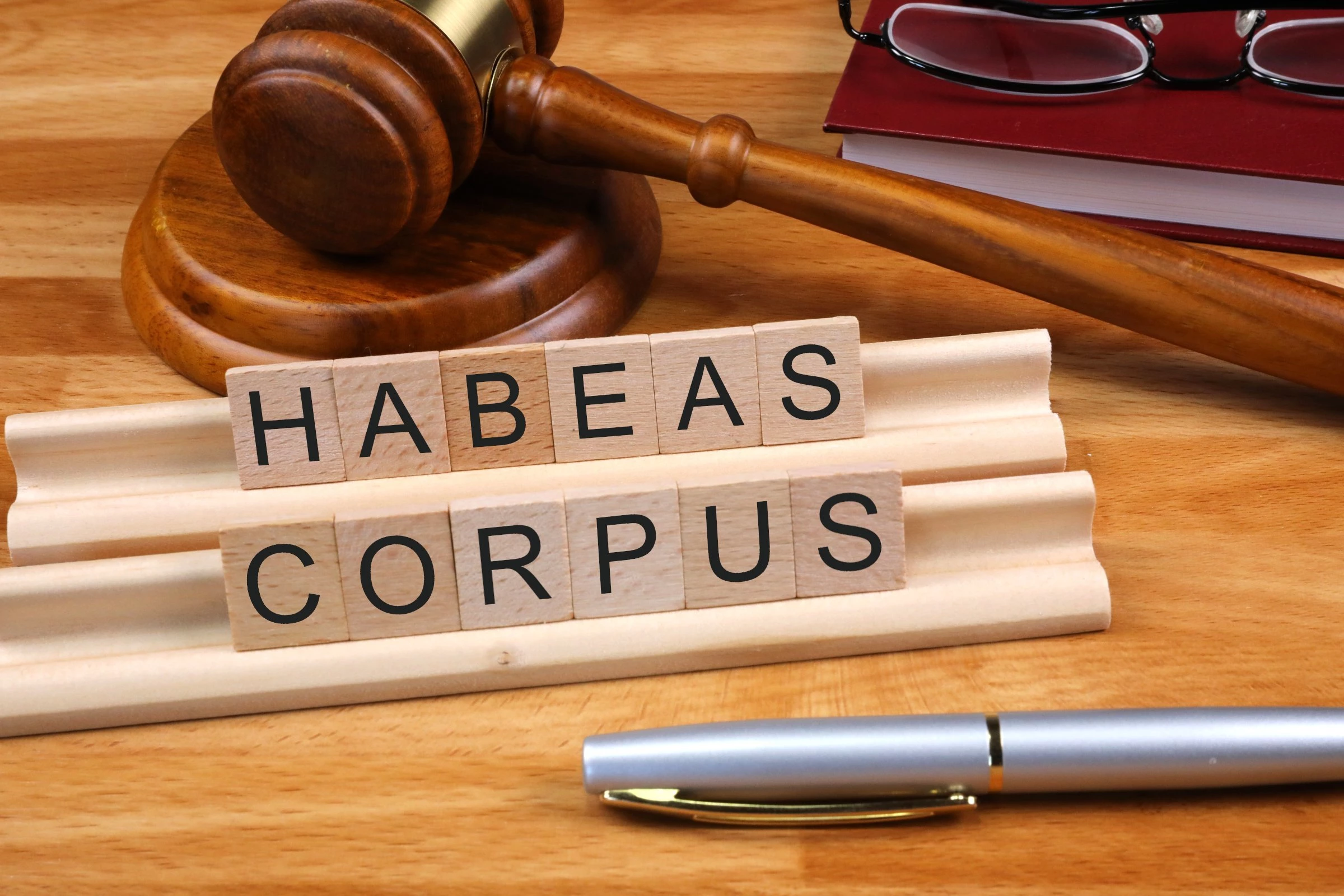Understanding the Role of a Post-Conviction Legal Representative in Looking For Justice After a Criminal Sentence
In the complicated landscape of post-conviction legal proceedings, the role of a post-conviction lawyer is pivotal in browsing the course to justice after a criminal conviction. Beyond the boundaries of a trial, these legal professionals involve in a complex strategy intended at discovering new proof, difficult legal errors, and supporting for their customers' legal rights. The complexities of post-conviction work call for a mix of legal acumen, investigatory skills, and critical believing to unwind the complexities of a case and seek opportunities that may have been forgotten or underexplored. As the quest of justice extends past the confines of first procedures, the duty of a post-conviction attorney emerges as a sign of hope for those looking for to correct oppressions and recover their civil liberties within the legal system.
Post-Conviction Attorney's Investigative Work
Post-conviction attorneys participate in thorough investigatory work to reveal new evidence, step-by-step errors, or misconduct that might potentially bring about reversing a conviction. This investigatory phase is crucial in the post-conviction procedure as it aims to recognize any type of overlooked information or legal bad moves that may have influenced the result of the first trial. Post-conviction lawyers look into case data, witness testimonies, and legal documents with a fine-tooth comb, looking for any inconsistencies or abnormalities that might be premises for appeal.
Via extensive examination, post-conviction attorneys intend to clarify prospective oppressions that may have taken place during the original test. They may carry out meetings, seek advice from professionals, and testimonial forensic evidence to develop an engaging case for their customers. By looking at every facet of the lawful proceedings, post-conviction attorneys function relentlessly to uncover any type of variables that might have influenced the decision. Inevitably, their investigatory work plays a critical duty in the search of justice and the potential reversal of wrongful convictions.
Crafting Appeals and Petitions
In the search of justice after a sentence, competent legal representatives diligently craft charms and applications to existing engaging debates for the reconsideration of lawful choices. Crafting allures and applications needs a deep understanding of the lawful system, interest to detail, and tactical thinking. Post-conviction lawyers evaluate trial records, recognize possible mistakes or infractions of legal rights, and establish legal arguments to challenge the sentence or sentence.
When crafting an allure, attorneys focus on highlighting legal errors that might have impacted the result of the case. They research instance regulation, laws, and legal criteria to sustain their disagreements. Requests, on the other hand, might include presenting brand-new proof that was not offered during the test or demonstrating changes in the law that necessitate an evaluation of the conviction.
Moreover, post-conviction legal representatives should adhere to rigorous procedural rules and target dates when filing appeals and applications. They should present their debates clearly and persuasively to encourage the court to approve relief to their customers. Through thorough crafting of charms and petitions, post-conviction legal representatives aim to safeguard justice for people that have been wrongfully convicted or unjustly sentenced.

Seeking Post-Conviction Alleviation
Post-conviction alleviation includes a range of lawful systems designed to test the validity of a sentence or sentence. Post-conviction attorneys play an essential duty in navigating these intricate procedures, ensuring that all lawful options are checked out to rectify oppressions that may have taken place during the test or sentencing phase.
One usual kind of post-conviction relief is filing a petition for post-conviction relief, usually based on insurance claims of inadequate aid of counsel, prosecutorial misconduct, newly discovered evidence, or constitutional violations. have a peek at these guys Experienced post-conviction lawyers possess the skills and knowledge required to determine practical legal claims, conduct investigations, and present compelling arguments to secure alleviation for their customers.
Making Use Of Forensic Proof
When testing a sentence or sentence, the calculated usage of forensic evidence can be a powerful tool in post-conviction lawful process. Forensic proof includes a large range of scientific techniques used to explore crimes and develop truths in court. Post-conviction attorneys can leverage forensic proof to test the credibility of convictions by presenting brand-new clinical findings that were not available throughout the initial trial.

Taking Part In Sentence Alterations
Post-conviction lawyers may explore the possibility of sentence alterations as a lawful method to attend to out of proportion or unfair sentences bied far in criminal situations. Sentence modifications involve looking for adjustments to the regards to an accused's sentence after a conviction has actually taken area. These alterations can consist of decreasing the length of a sentence, altering the sort of penalty imposed, or exploring alternative sentencing alternatives.
Post-conviction legal representatives can go after sentence adjustments through numerous lawful systems, such as filing activities for sentence decrease, appealing for caring release, or negotiating appeal offers for decreased sentences. They must meticulously examine the situations of the case, analyze the legal premises for seeking a modification, and existing compelling debates to the court sustaining the need for a modified sentence.
Involving in sentence alterations calls for a thorough understanding of criminal regulation, sentencing standards, and the certain procedures associated with seeking post-conviction alleviation. Post-conviction attorneys play an important duty in promoting for reasonable and just end results by difficult sentences that are unduly rough or do not line up with the concepts of justice.
Conclusion
In verdict, the role of a post-conviction attorney is crucial in seeking justice after a criminal sentence. Through investigative job, crafting appeals and requests, seeking post-conviction relief, using forensic proof, and participating in sentence adjustments, these attorneys play an important function in supporting for their clients and guaranteeing that their civil liberties are upheld within the criminal justice system. Their commitment and proficiency are necessary in browsing the complexities of post-conviction proceedings and accomplishing a reasonable end result for individuals dealing with criminal convictions.
Comments on “Exactly How a Lawyer Can Assist With Your Habeas Corpus Application”